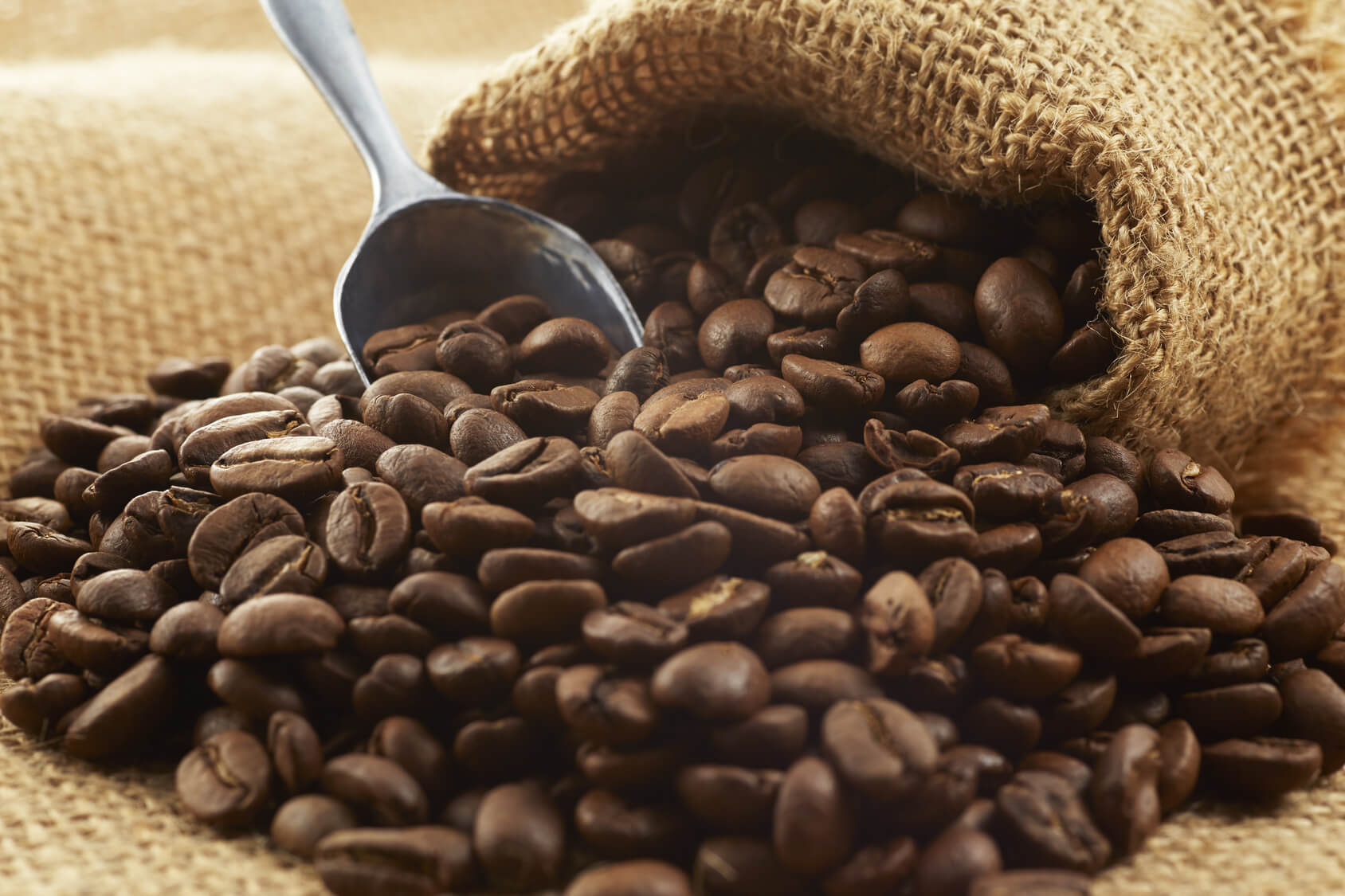The UK discards 500,000 tons of coffee powder every year, most of which are disposed of through landfill sites. There, methane that has 28 times as much greenhouse effect as carbon dioxide will be released.
The disposal of coffee grounds is not only adverse to the environment such as methane emissions, but also the economic burden for companies is great. That is due to the land tax etc. by the UK Government.
However, the discarded coffee beans contain high calorie and valuable compounds, making it an ideal raw material for producing clean fuels. bio-bean is the world’s first company to industrialize the process of recycling coffee beans to be discarded into advanced biofuels and biochemical substances, focusing on the characteristics of such waste “coffee grounds”. Established in 2013 by Arthur Kay.
The bio-bean and Royal Dutch Shell revealed that they are supplying electricity to some of the buses in London using biofuels made from waste “coffee grounds”. bio-bean received funds and technical support from Shell, spent four years from 2013, developed a fuel made from bean lees after extracting coffee.
Compared with conventional diesel fuel, reduce CO2 emissions by 10-15%
According to bio-bean, in London average per capita, drink 2.3 cups of coffee a day, producing more than 200,000 tons of coffee waste per year. If they are landfilled, there is a potential to emit about 126 million kg of CO2.
bio-bean collects coffee beans that are originally disposed of from coffee shops, offices, transportation hubs, coffee factories, etc. and recycles them to sustainable and high-performance products. According to this announcement, it became clear that we are using the biofuel made from “coffee grounds” to supply power to the bus in London.
In collaboration with Argent Energy, the largest biofuel maker in the UK, bio-bean will process it into biofuel B20 with coffee oil blended. Coffee dregs collected by bio-bean and processed at our factory will be sent to Argent Energy and added to oils and fats and bio-diesel fuel will be 20% in biocomponents.
This time, 6000 liters of coffee oil is used to form B20 and it is used for London bus. The fuel from this coffee grounds corresponds to the energy to operate the London bus for one year. In addition, B20 biodiesel can reduce CO2 emissions by 10-15% compared with conventional diesel fuel.
This collaboration by Shell and bio-bean is part of Shell ‘s make the future initiative to support entrepreneurs who cause positive energy innovation.

